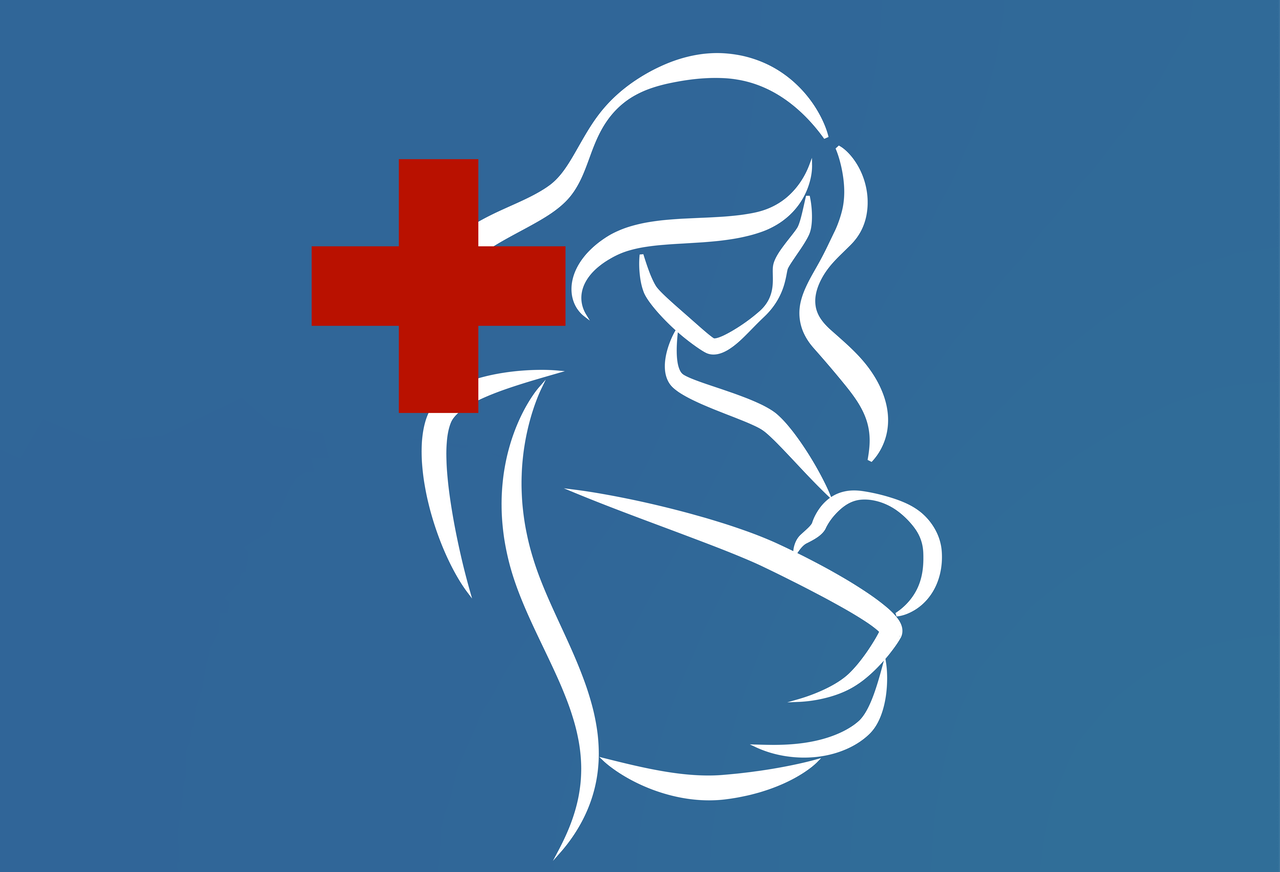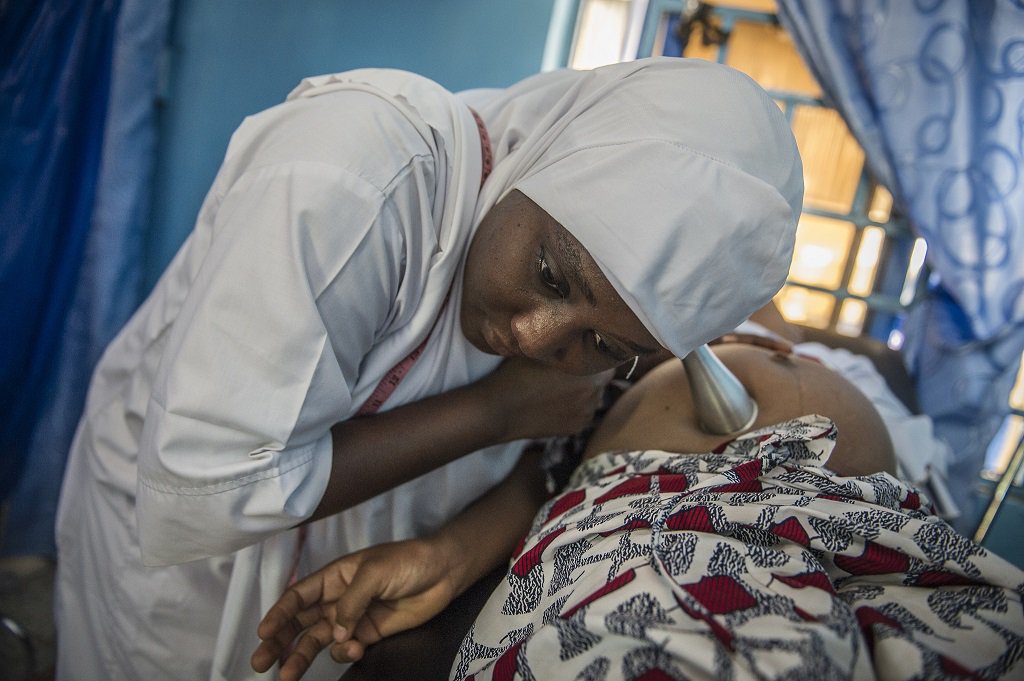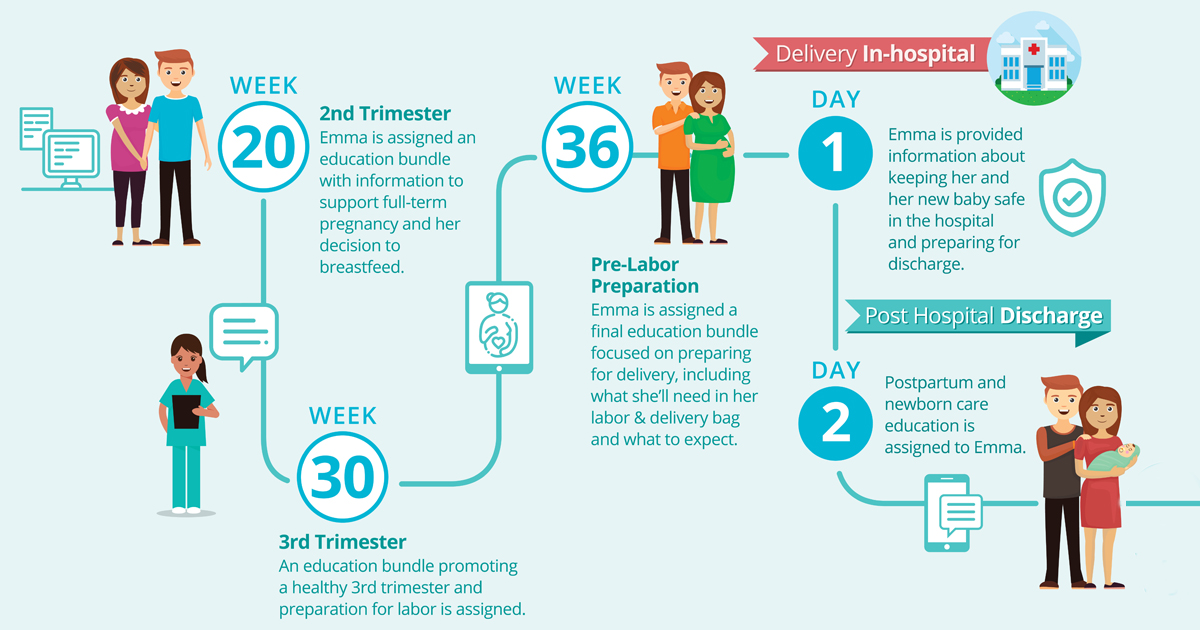Maternal health is a fundamental human right and a vital measure of our nation’s overall health status. However, across many parts of Nigeria, an alarming number of women still lose their lives due to preventable or treatable complications associated with pregnancy and childbirth.
In 2022, Salma Kolo, an official of the Federal Ministry of Health, said that over 40,000 women lose their lives to pregnancy-related issues annually, claiming more lives than COVID-19 did in the country.
This is a silent killer, and this reality also highlights the need to urgently address the high maternal mortality rates in Nigeria and Africa and invest in safeguarding the lives of African women.
What is maternal mortality?

According to UNICEF, maternal mortality refers to deaths caused by complications from pregnancy or childbirth.
Shockingly, Sub-Saharan Africa alone accounts for approximately two-thirds of the global total of maternal deaths, and Nigeria is a part of that number.
This statistics underscores the profound disparities in access to and quality of maternal healthcare from one region of Nigeria to the other.
READ ALSO: VIDEO: Mama-2-Mama initiative urges women to adopt positive behaviors
According to researchers, several factors contribute to the high maternal mortality rate in Nigeria, and they include:

● Limited access to quality healthcare services, such as prenatal and postnatal care, the scarcity of skilled birth attendants.
According to a recent report, a total of 3,383 Nigerian trained nurses and midwives were licensed in the UK in 2022 with over 10,000 practising in the UK at the moment.
● Widespread early and forced marriages leading to adolescent pregnancies
● Societal elements such as gender inequality, poverty, and inadequate education further compound the problem.
Solution to the problem

Where do we go from here? Improving access to quality healthcare services: An all-encompassing, complex strategy is required to reduce maternal mortality rates in Nigeria and the rest of Africa.
First and foremost, it is essential to increase access to high-quality medical care. Health workers need to be paid more to prevent them from hunting for greener pastures.
Doing this assures the presence of experienced healthcare providers during pregnancy, childbirth, and the postoperative period, as well as access to emergency obstetric treatment whenever there is an issue.
Proper pregnancy-related education for women
It is equally crucial to educate women and society at large on the value of prenatal care and the dangers of an unplanned pregnancy. With this kind of knowledge, women are better able to make decisions about their reproductive well-being and combat harmful social norms.
Investing in better healthcare infrastructure

Health systems must be improved so that all pregnant women in the country are safe. This includes investing in healthcare infrastructure, delivering thorough training for healthcare personnel, and guaranteeing the availability of essential drugs and equipment.
The willingness of political leaders to take action is also crucial. All women, regardless of their socioeconomic situation, should be able to receive the medical treatment they need; thus, governments should make maternal health a top priority, provide sufficient funding, and create policies that facilitate this.
Addressing socio-economic factors leading to higher maternal mortality rates
It is also important to address the broader social and economic causes that lead to the high incidence of maternal mortality. As part of this effort, we must establish social protection measures to reduce poverty and ensure equitable educational opportunities for girls.

The tragedy of maternal mortality must be addressed immediately. By focusing on this issue, we have the capacity to improve maternal health and further the progress of African societies as a whole.
Keep in mind that when women are healthy, their families and communities benefit as well. With cooperation, political determination, and social reform, we can make sure all African women have a safe pregnancy and delivery.
Take home
In conclusion, addressing the high rates of maternal mortality and other related health problems is crucial to Africa’s long-term economic growth and development. As a group, we have the power to change things and ensure a brighter future for all women in Africa.


